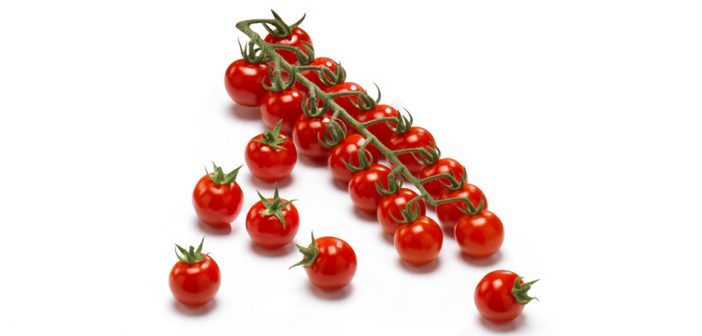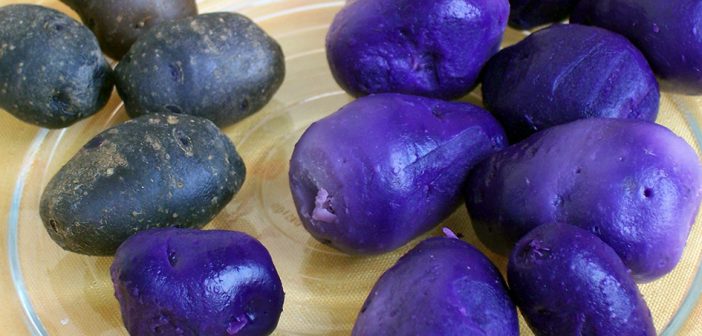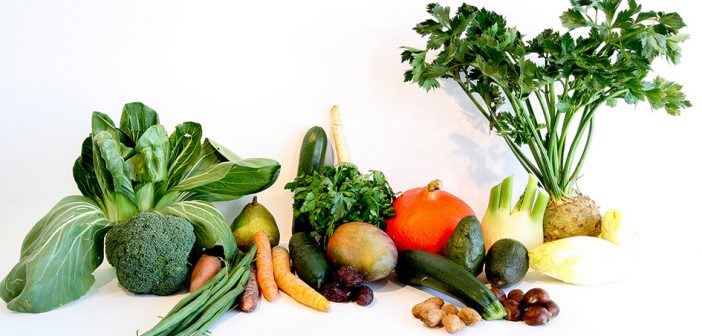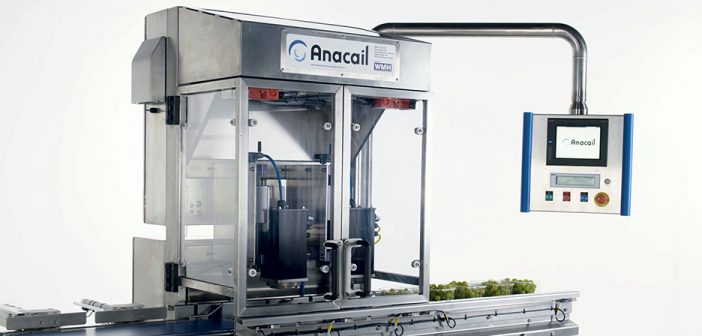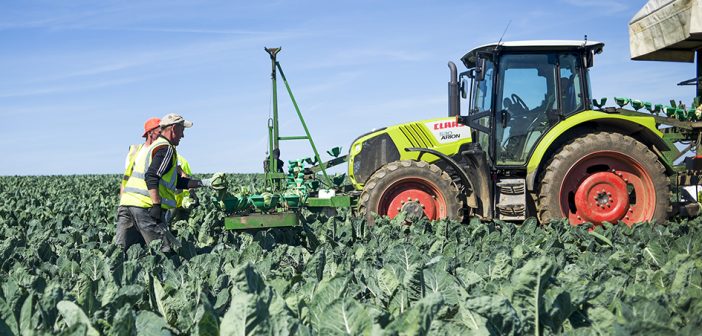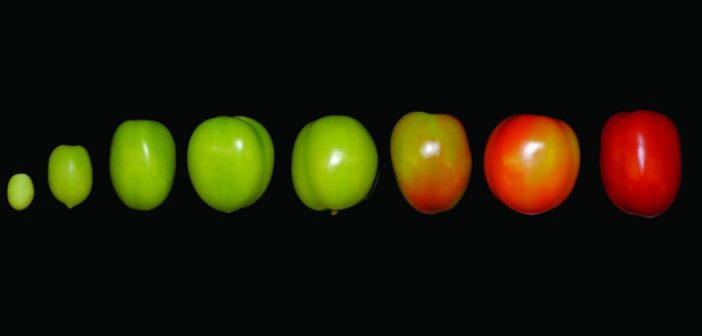Worcestershire grower Ali Capper has been announced as the new executive chair of trade organisation English Apples & Pears.
Ms Capper, who grows top fruit and hops, and is the current chair of the NFU Horticulture and Potatoes Board, will take up the restructured role from outgoing chief executive Steven Munday.
Ali said, “I’m very excited about joining EAP as their new executive chair. I’m passionate about the top fruit industry and as a grower myself I understand the issues and the opportunities that face us. I’m looking forward to working with the EAP board and our new services providers to provide a best-value solution to our grower shareholders”.
A spokesperson for EAP added, “On behalf of the board, I would like to thank Steven for all his hard work in delivering our modernisation programme which has put EAP in a much better position to concentrate on the important elements of working on behalf of our growers. It is now clear that we need someone who has an empathy for the industry and who is an experienced and successful lobbyist and we believe that Ali is a perfect fit for this role.”
Going forward EAP will Richmond & Towers to deliver PR and the British Growers Association to perform back-office functions.
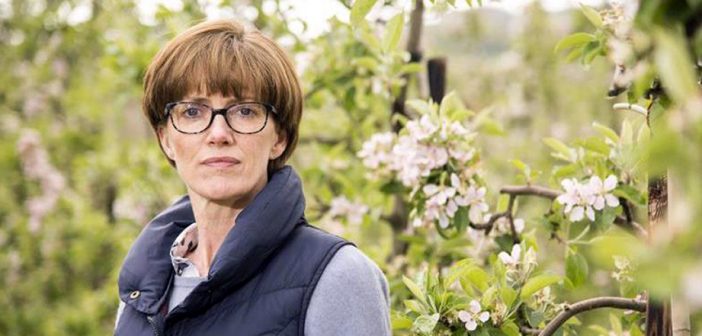
Photo Credit: NFU
The post Ali Capper is new executive chair at EAP appeared first on Hort News on 8 March 2018.

